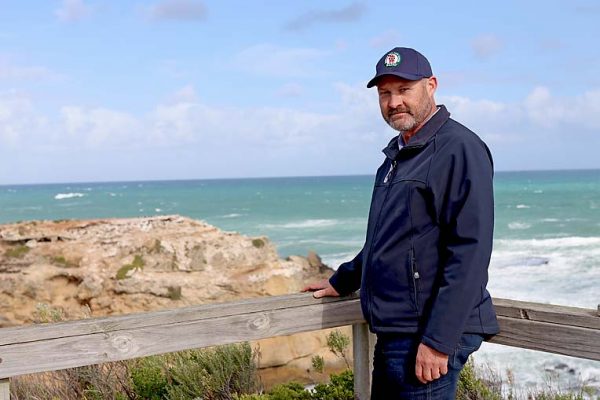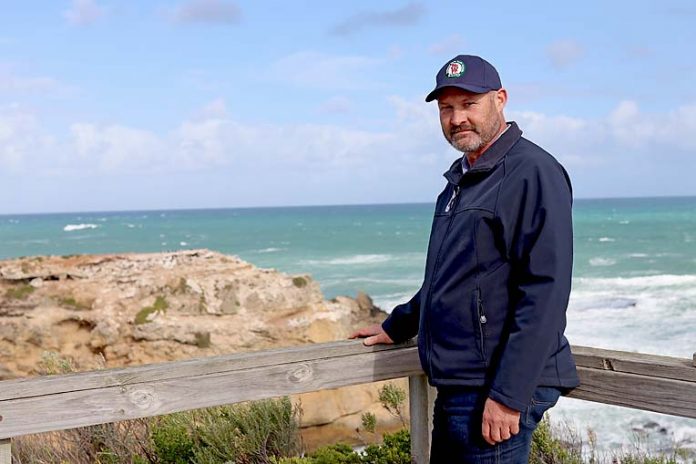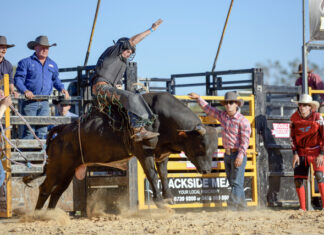
THE bodies of juvenile penguins have washed up along the South East coastline in recent weeks but there is no cause for alarm, with the deaths the unfortunate result of a momentous event for the species.
Natural Resources South East district manager Ross Anderson said it was not uncommon for younger offspring to leave the nest and not survive at this time of year.
Mr Anderson said the journey into the ocean was a significant event for the species.
“They have to learn how to feed themselves after being in a burrow their whole life,” he said.
“A lot of little penguins do not make it through the first year, but once they have made it through they are pretty robust.
“Some years the mortality rates are higher than others due to either lack of food supply, weather conditions and pest control.”
Mr Anderson said although fairy penguins had not returned to the Port MacDonnell coastline after devastating loss of life caused by a predator – believed to be a fox – other surrounding colonies are thriving.
“The Cape Northumberland colony is another we have lost due to uncontrollable factors,” he said.
“Although we still have other places where they breed along the coast including Beachport’s Penguin Island, Robe’s breakwater and Baudin Rocks.
“There could be other colonies we do not know about as well.”
Mr Anderson said penguins considered various factors when choosing a location.
“They do like rocky overhanging areas and protected areas to have their burrows,” he said.
“If you consider 30km off Port MacDonnell we have the Bonney Upwelling which brings a lot of nutrients up from the seabed to the surface and feeds thing like pilchards and bait, which little penguins would eat.
“In places like Phillip Island where it is an island itself, there used to be around 80,000 birds until it dropped down to 30,000 partially due to foxes, dogs and road accidents.”
People and pets need to take caution when visiting inhabited areas according to Mr Anderson.
“On mainland Australia, foxes have had extensive impact on penguin numbers,” he said.
“It is about making sure you have your dog on a leash when visiting places like Cape Northumberland.
“Roaming cats also have impact on wildlife as well.”
Mr Anderson said there was no sign the Cape Northumberland colony will return soon.








